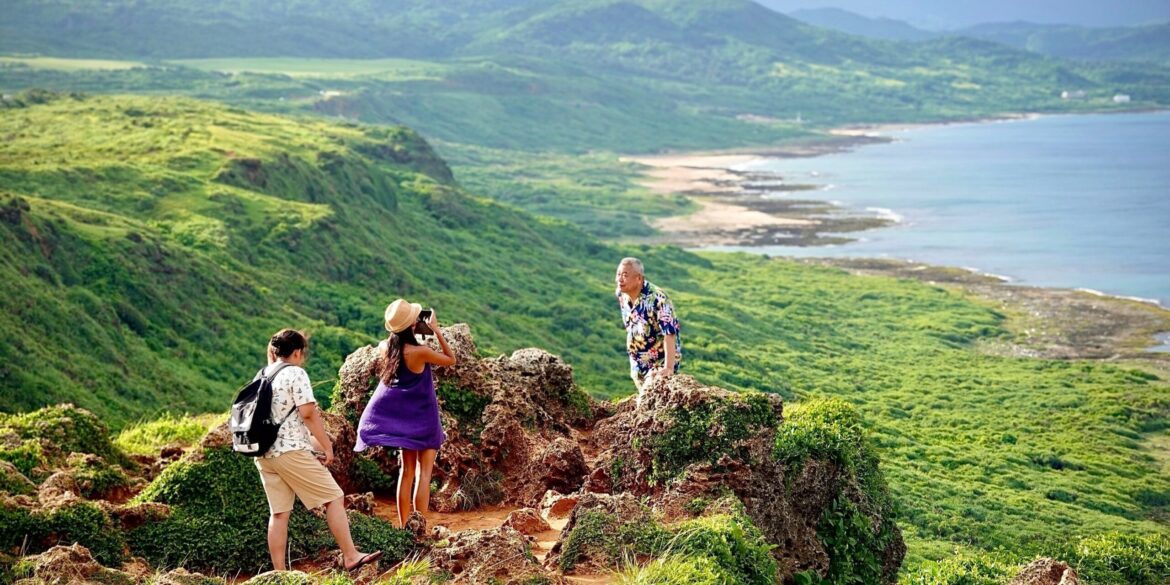Eco-tourism is one of the fastest-growing segments of the global travel industry, and its rise is a direct response to the growing concern over climate change and environmental degradation. Travelers today are increasingly aware of the ecological impact of their journeys and are seeking ways to explore the world while minimizing their carbon footprints. The rise of eco-conscious travel reflects a broader shift toward sustainable living, with tourism offering unique opportunities to preserve natural landscapes, support local communities, and promote environmental stewardship.
Europe: Leading the Charge for Sustainable Travel
In Iceland, sustainability is at the core of the nation’s tourism strategy. The country, known for its stunning landscapes of glaciers, volcanoes, and geothermal hot springs, has invested in renewable energy sources that power much of its infrastructure, including its world-famous Blue Lagoon spa. Iceland’s commitment to sustainability is evident in the way it manages tourism. The government has put policies in place to ensure that tourist sites, like the Golden Circle and Thingvellir National Park, are preserved for future generations. The country is also home to eco-friendly hotels, many of which utilize geothermal heating and solar power, reducing their environmental impact.
Similarly, Norway has earned a reputation for its eco-conscious tourism practices. Known for its majestic fjords and spectacular northern lights, Norway prioritizes low-impact tourism to maintain its pristine environment. Tourists visiting Norway can experience eco-friendly travel through initiatives like electric boat tours along the fjords and the country’s push for sustainable accommodations. Norway’s commitment to environmental sustainability is further reflected in its “Green Tourism” certification, which encourages local businesses to adopt eco-friendly practices.
Central America’s Commitment to Conservation
In Costa Rica, eco-tourism plays a vital role in conservation efforts and economic development. The country’s commitment to sustainability is reflected in its robust system of national parks and wildlife reserves, covering more than 25% of its land. Travelers can visit these protected areas to experience the country’s rich biodiversity while contributing to conservation efforts. Eco-lodges, many of which are located within rainforest ecosystems, offer an authentic experience while minimizing their environmental impact. Costa Rica has become a global leader in the green tourism sector, with sustainable travel practices helping to fund conservation projects and support local communities.
Asia’s Sustainable Travel Initiatives
In Bhutan, a small Himalayan kingdom, eco-conscious travel is not just a trend but a national policy. Bhutan has introduced a “high-value, low-impact” tourism policy, which limits the number of visitors each year to ensure that tourism does not overwhelm the country’s fragile ecosystems. Visitors to Bhutan are required to pay a daily fee, which helps fund conservation efforts and ensures that tourism is managed sustainably. Bhutan’s pristine landscapes, which include dense forests and sacred mountains, are protected by this approach, making it a haven for eco-tourists looking for a peaceful, unspoiled destination.
In Nepal, responsible trekking is gaining popularity, especially in regions like Everest Base Camp and Annapurna Circuit. Local guides and eco-friendly accommodations are central to this sustainable approach to travel. Nepal’s tourism sector is focused on minimizing waste and reducing the environmental impact of trekking expeditions by promoting responsible trekking practices, such as using reusable water bottles, minimizing plastic waste, and supporting local communities through sustainable tourism initiatives.
The Future of Eco-Tourism
The rise of eco-conscious tourism is a positive step toward ensuring that the beauty of our planet can be enjoyed for generations to come. As more destinations around the world adopt sustainable practices, travelers will continue to have the opportunity to explore some of the most breathtaking natural wonders while supporting conservation and local economies.
In the U.S., destinations like Mendocino County, Vermont, and Hawaii have embraced eco-tourism, offering green accommodations, outdoor adventures, and community-driven conservation efforts. As eco-tourism grows, travelers will have an increasing number of options to enjoy responsible travel while helping preserve the world’s most beloved landscapes and cultures.

